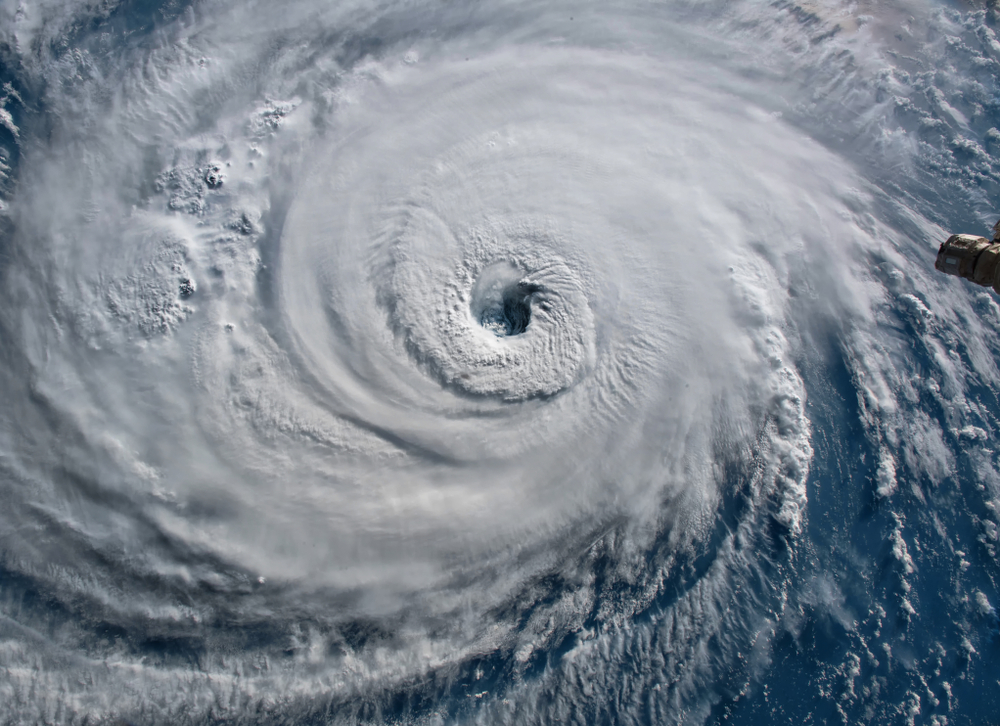As Hurricane Dorian moves through the southeastern United States, experts nationwide have taken to news networks in order to dispense advice and warnings. While many citizens of these coastal regions have been raised on hurricane preparation and evacuation, few realize the impact that these storms can have on people in recovery from substance use disorders and behavioral addictions. As Dorian nears, we encourage you to take appropriate steps to protect your sobriety during this stressful time.
Why Hurricanes Create the Potential for Relapse
First, consider the impact that hurricanes and other natural disasters have on those who are actively misusing drugs and alcohol. While tropical storms are cause for concern to the population at large, those with drug addictions must plan for an additional set of considerations.
People still in active addiction may run out of their substance of choice, which can have serious consequences. For example, those who have developed a significant physical dependence on alcohol may experience potentially fatal withdrawal symptoms. Additionally, supplies like clean needles may be in short supply, increasing the risk of disease.
People who inject drugs are particularly vulnerable during these times. If you or a loved one are currently in the throes of addiction, we encourage you to seek professional treatment before any storms hit. This will create structure and a supportive environment for you during this trying time.
Hurricanes also impact those in recovery from addiction. Experts have expressed concern that, without the ability to access their typical meetings and avenues of care, patients of treatment centers may experience relapse-inducing levels of stress during hurricanes. People in treatment, particularly those who have been given buprenorphine or methadone, must also make sure that they have a sufficient amount of any prescribed medications to last through the storm. Without these medicines, they run the risk of withdrawal and even relapse.
This was the case in New York’s experience of Hurricane Sandy back in 2012. A 2015 report found that, of the 300 people interviewed, roughly half were participating in a drug-related-maintenance therapy at the time of the storm. Of these, 46% were unable to obtain sufficient doses of their medications and, as a result, had to resort to “informal sources” in order to avoid withdrawal.
How to Protect Your Sobriety During a Hurricane
During a hurricane, you may be faced with many difficult choices – should you stay or should you go? Remain at your house or go to a designated shelter? What should you pack? Who should you call? Remember that if you are under the influence of drugs or alcohol, your decision-making skills will not be as sharp as they need to be under these circumstances. With that in mind, your top priorities during this time should be your safety and your recovery.
The core of this issue is the loss of routine and introduction of stress inherent to so-called “Big Events” like tropical storms. “Routine and structure are important parts of building a sober life, especially in early sobriety,” says Katie Serra, a registered psychiatric nurse, in an interview with INSIDER on this topic.
Because natural disasters interrupt this vital structure, it’s important to create your own in anticipation of any potential difficulties. Create a schedule for what your day will look like as you ride out the storm. If you have evacuated to another city further inland, look up local AA or NA meeting times and plan to attend regularly. Even if you’re unable to physically make it to a meeting, Narcotics Anonymous and many other programs have online meeting options.
Emotional and mental support are also vital during times of stress, such as a hurricane. For those with access to a telephone, be sure to stay in regular contact with friends, sponsors, physicians, and family members. You can also dial the Disaster Distress hotline at 1-800-985-5990 if you need someone to speak to.
While relatively brief in nature, studies indicate that a hurricane can be seen as a Big Event that alters drug environments and behaviors, creating a lasting impact on those who wish to protect their sobriety. By planning ahead, you can avoid many of the difficulties that can arise during this time. Above all else, be sure that – even in times of stress – your safety and recovery come first.
Ride Out the Storm with Pine Grove
Pine Grove Behavioral Health & Addiction Services is a nationally recognized addiction treatment center located in Hattiesburg, Mississippi. Call 1-888-574-HOPE (4673) to learn about our outpatient, inpatient, and residential treatment services.

